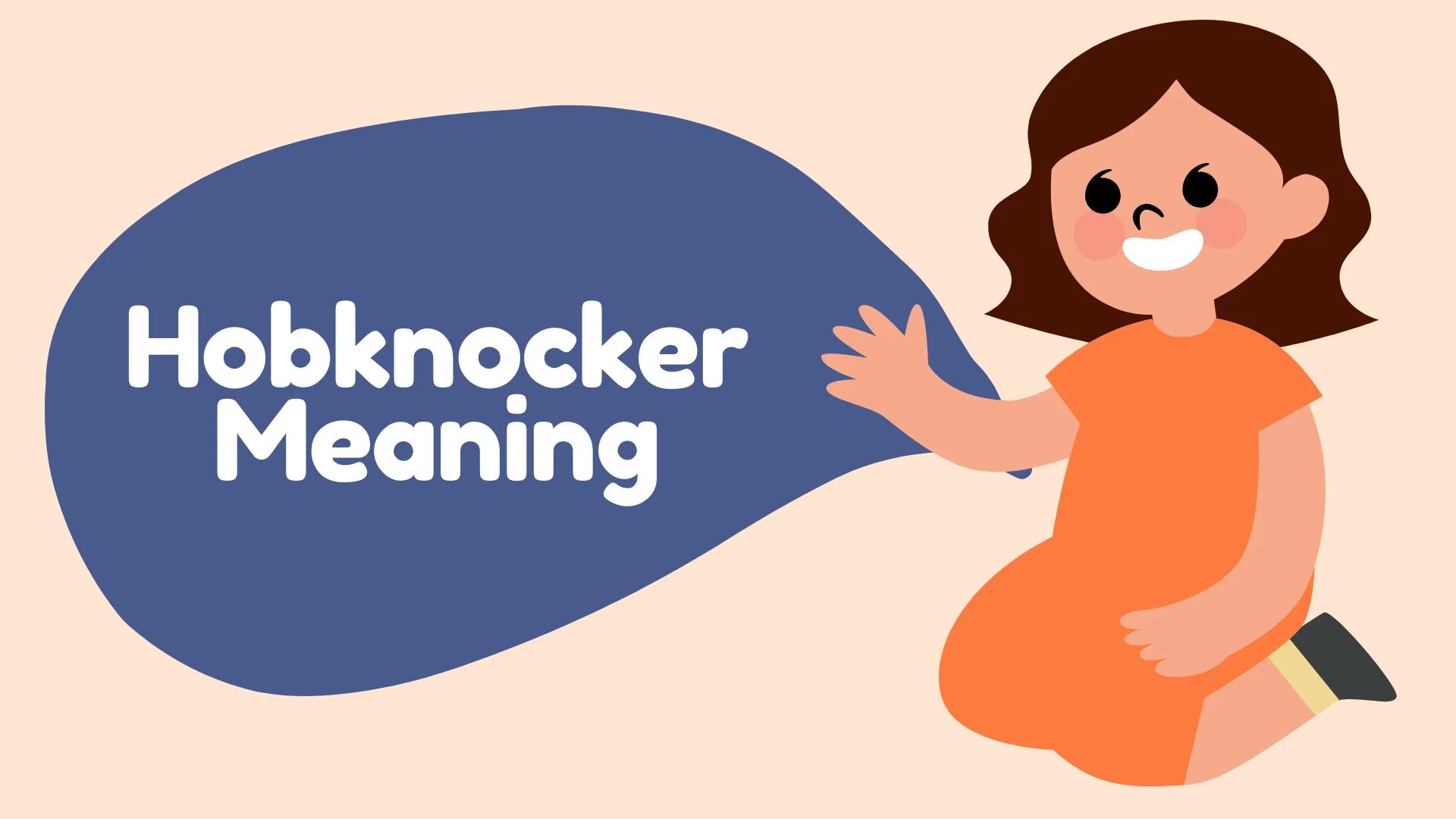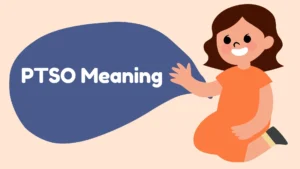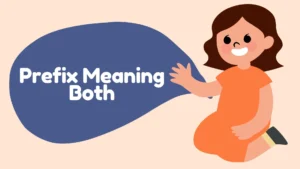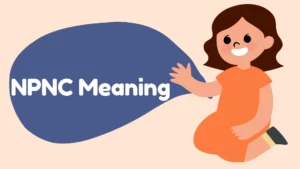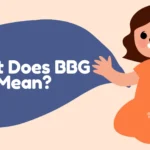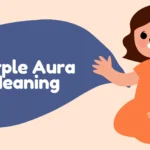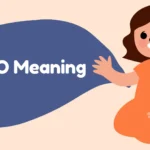Language is a living, breathing entity that constantly evolves, especially through pop culture, media, and slang. One such peculiar term that has piqued curiosity over the years is “hobknocker.” While it might sound like a medieval insult or a British colloquialism, it actually gained popularity in a more modern and unexpected way. The word first caught the public’s attention through television, and since then, it has sparked a lot of debate, laughter, and even confusion. So, what exactly does hobknocker mean?
Why do people use it, and where did it come from? In this article, we’ll dive deep into the origins, meaning, usage, and cultural impact of this bizarre and uniquely memorable term. Whether you’ve heard it before or are encountering it for the first time, this guide will give you everything you need to understand what being called a hobknocker really implies—and whether you should be offended or just laugh it off.
What Does “Hobknocker” Mean?
The term hobknocker is most commonly known as a slang insult. Although it doesn’t have a formal dictionary definition, it’s typically used to describe someone who is annoying, strange, or just plain unpleasant in a juvenile or comedic way. It’s not necessarily vulgar, but it carries a childish and absurd tone.
In its most popular usage, “hobknocker” was introduced to the public by the Nickelodeon show iCarly, where the character Sam Puckett (played by Jennette McCurdy) used it as an insult. According to the show’s context, it referred to someone who hits themselves in the face with their own genitals—an obviously exaggerated and comedic insult with no real-world application.
Since then, the word has taken on a life of its own as a humorous and non-traditional putdown. It’s not typically used in serious conversations, and its meaning is often interpreted loosely, depending on the tone and context in which it’s said.
Other Ways to Say “Hobknocker”
Since “hobknocker” is a very specific and quirky insult, finding perfect synonyms can be tricky. However, there are several alternative words or phrases that carry similar humorous, teasing, or slightly offensive tones:
- Nimrod – A lighthearted insult implying stupidity.
- Dingus – Silly or foolish person.
- Dweeb – An outdated term for someone socially awkward.
- Tool – A slang term for someone obnoxiously clueless or annoying.
- Weirdo – A more general insult for someone who behaves oddly.
- Doofus – Playful insult implying someone is ignorant or clumsy.
- Goober – Another silly term for an odd or awkward person.
Each of these alternatives carries a different weight depending on the context and tone. None of them are quite as ridiculous or unique as “hobknocker,” but they can be used similarly in a joking manner.
Definitions & Meaning
While “hobknocker” lacks a formal entry in most major dictionaries, its popular meaning is:
“A ridiculous or absurd person, often annoying or strange, typically used humorously or mockingly.”
This meaning has been largely shaped by pop culture, specifically children’s television. It doesn’t have a true etymology in classic English, and its usage is almost entirely confined to the realms of satire, parody, and youth slang.
It’s important to note that because the word isn’t officially defined, its interpretation can vary from person to person. What’s consistent is its role as a humorous jab, never meant to be taken too seriously.
Origins & History
The term “hobknocker” was popularized in the late 2000s by the TV show iCarly, a Nickelodeon sitcom that ran from 2007 to 2012. In one episode, Sam Puckett uses the word to insult another character, and it instantly caught on with the show’s young fan base.
Before its use on iCarly, “hobknocker” was virtually nonexistent in mainstream language. It’s widely believed that the show’s writers invented the term purely for comedic effect. The strange, slightly crude imagery behind it gave it an instant appeal to younger audiences looking for a silly and rebellious word to throw around.
Interestingly, the word drew so much attention that Nickelodeon eventually stopped using it, reportedly because parents and some viewers found it offensive or inappropriate once they looked into its supposed meaning. Still, the term remains a part of internet culture and has a place in the annals of bizarre TV slang.
Example
Here’s an example of how “hobknocker” might be used in conversation:
Person A: “You ate the last slice of pizza again?”
Person B: “You snooze, you lose.”
Person A: “Ugh, you absolute hobknocker.”
In this exchange, the word is used playfully to express mild annoyance without genuine anger. It’s more about being funny or dramatic than being insulting. That’s the charm of the term—its sheer ridiculousness gives it a comic flair.
Usage in Different Contexts
Social Media:
“Hobknocker” has had limited but notable usage on platforms like Twitter, TikTok, and Reddit. It’s often quoted in reference to iCarly or used in memes. Users might use it to add humor to a rant or roast, especially when trying to keep things lighthearted.
Pop Culture:
Aside from iCarly, “hobknocker” hasn’t appeared widely in other shows or movies. However, fans of early 2000s teen sitcoms sometimes reference it as a nostalgic callback to the humor of that era.
Professional Settings:
This is not a term you’d use in any professional or formal context. Using it in a meeting or office environment would likely result in confusion—or disciplinary action if someone took offense.
Among Friends:
Used jokingly among friends, “hobknocker” can be a fun way to roast each other. It’s understood to be goofy and not meant as a serious insult.
Common Misunderstandings & Clarifications
- Is “hobknocker” a swear word? No, it’s not a curse word, but some consider it crude due to its original (albeit fictional) meaning.
- Is it offensive? It depends on the context. Among friends, it’s generally fine, but it could be seen as inappropriate in more formal settings.
- Does it have a real origin? No, it was made up for comedic effect on a children’s TV show.
- Can I use it casually? Yes, but it’s best to use it with people who understand the joke.
- Is it a British term? Despite sounding British, it’s not recognized in British English outside of the show’s influence.
Alternatives & Synonyms
If “hobknocker” feels too niche or potentially offensive for your needs, here are some playful alternatives:
- Knucklehead
- Jabroni
- Doorknob
- Blockhead
- Muttonhead
- Scallywag
- Clown
These words carry similar energy—goofy, teasing, and not meant to truly hurt anyone’s feelings. They’re perfect for keeping the mood light while still delivering a humorous jab.
Frequently Asked Questions (FAQ)
1. Where did “hobknocker” come from? It originated from the TV show iCarly, where it was used as a made-up insult.
2. Is “hobknocker” in the dictionary? No, it does not have an official dictionary entry.
3. Can I use it in school or at work? Not recommended—while it’s not technically profane, it might be seen as inappropriate depending on the setting.
4. Is it safe to say online? Yes, especially in humorous or pop culture contexts, but avoid it in professional or sensitive discussions.
5. Are there similar words I can use? Yes, try “dingus,” “nimrod,” or “goober” for a safer and equally silly alternative.
6. Why did people stop using it? Its popularity declined after the initial TV buzz faded, and some people found its meaning too crude for regular use.
7. Is it a real insult? Not really—it’s more of a comedic term than a genuine insult.
Conclusion
“Hobknocker” may not be a word you’ll find in academic essays or job interviews, but it holds a special place in the quirky world of slang. Born from a beloved teen sitcom, it captured the imagination of a generation who appreciated absurd humor.
While its meaning is goofy and its origins entirely fictional, “hobknocker” represents the fun, fleeting nature of internet and TV-born language. Use it wisely, with the right crowd, and it can be a great tool for lighthearted banter. Just remember, not everyone will get the joke—so save it for friends who appreciate a good throwback to iCarly-era humor.

